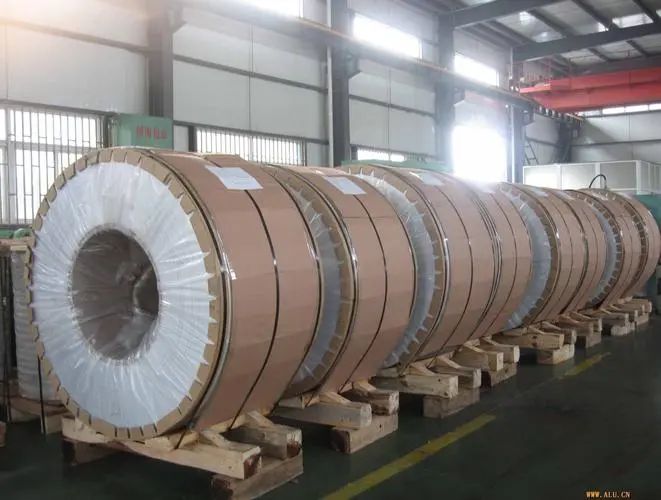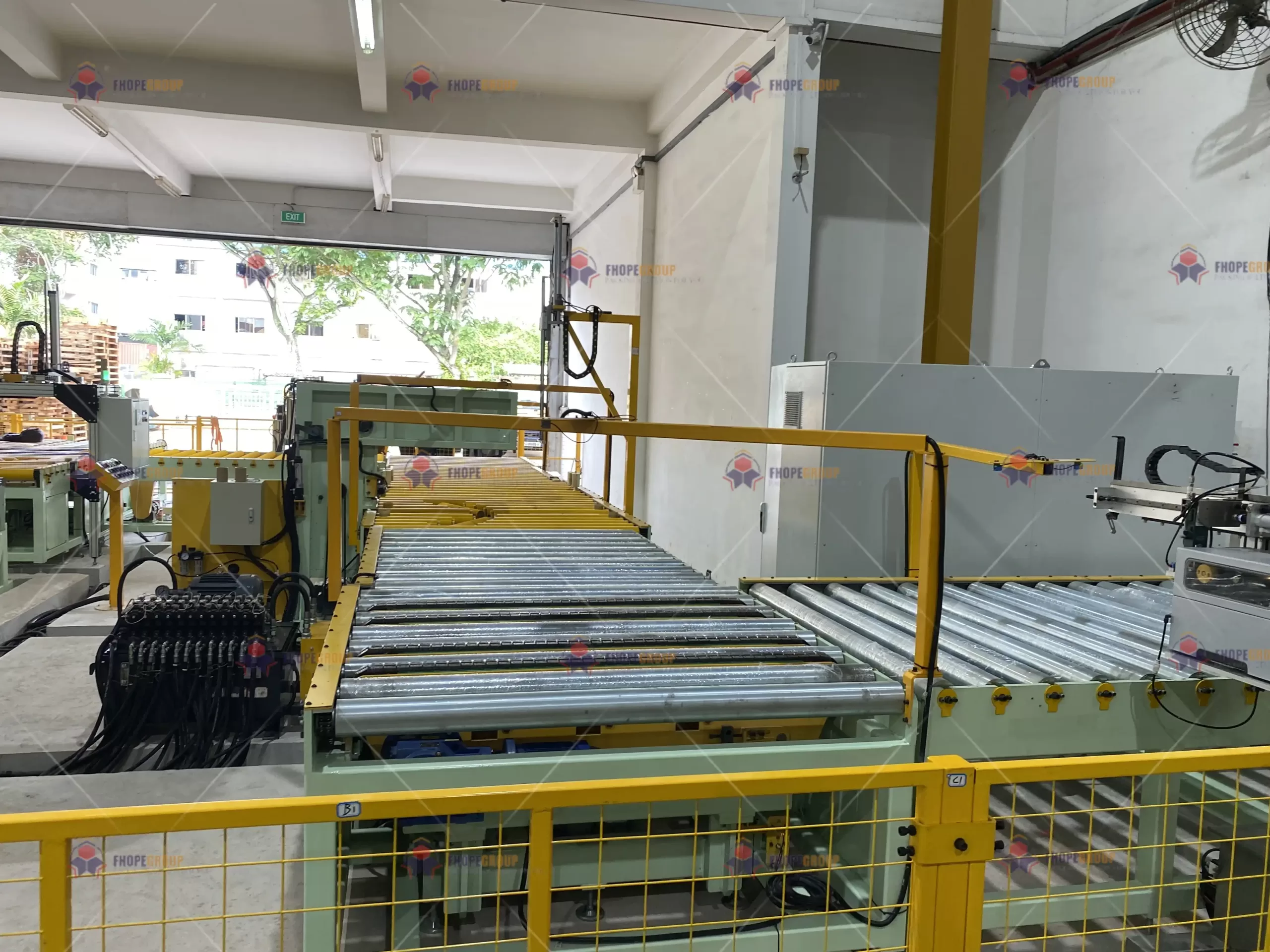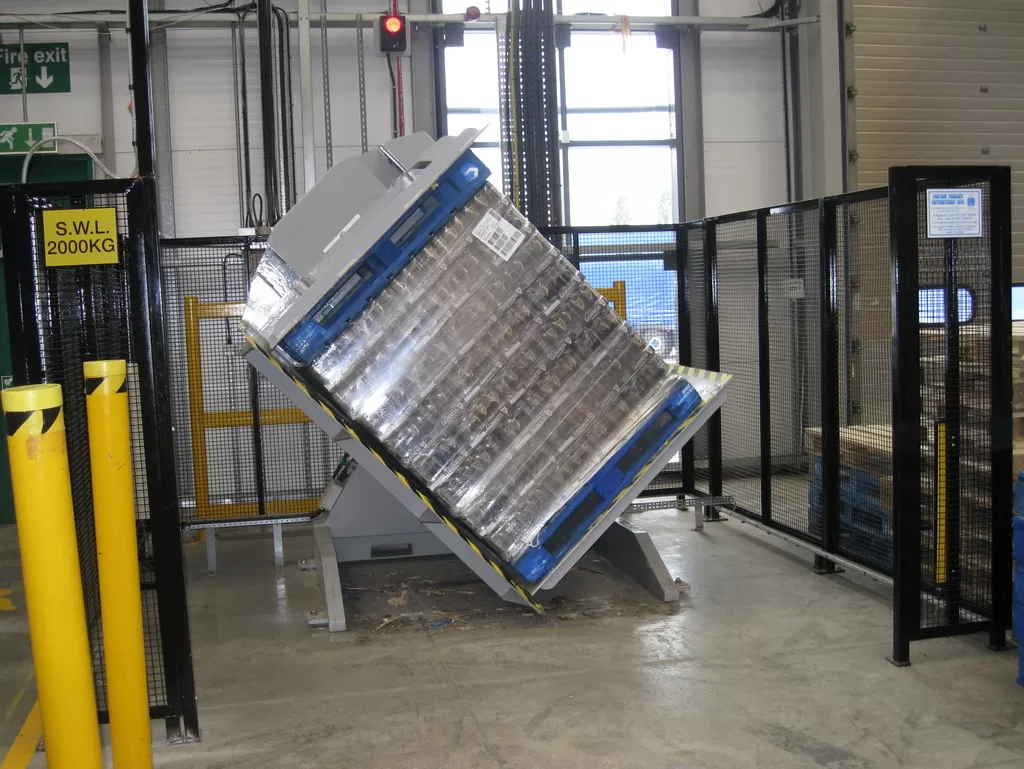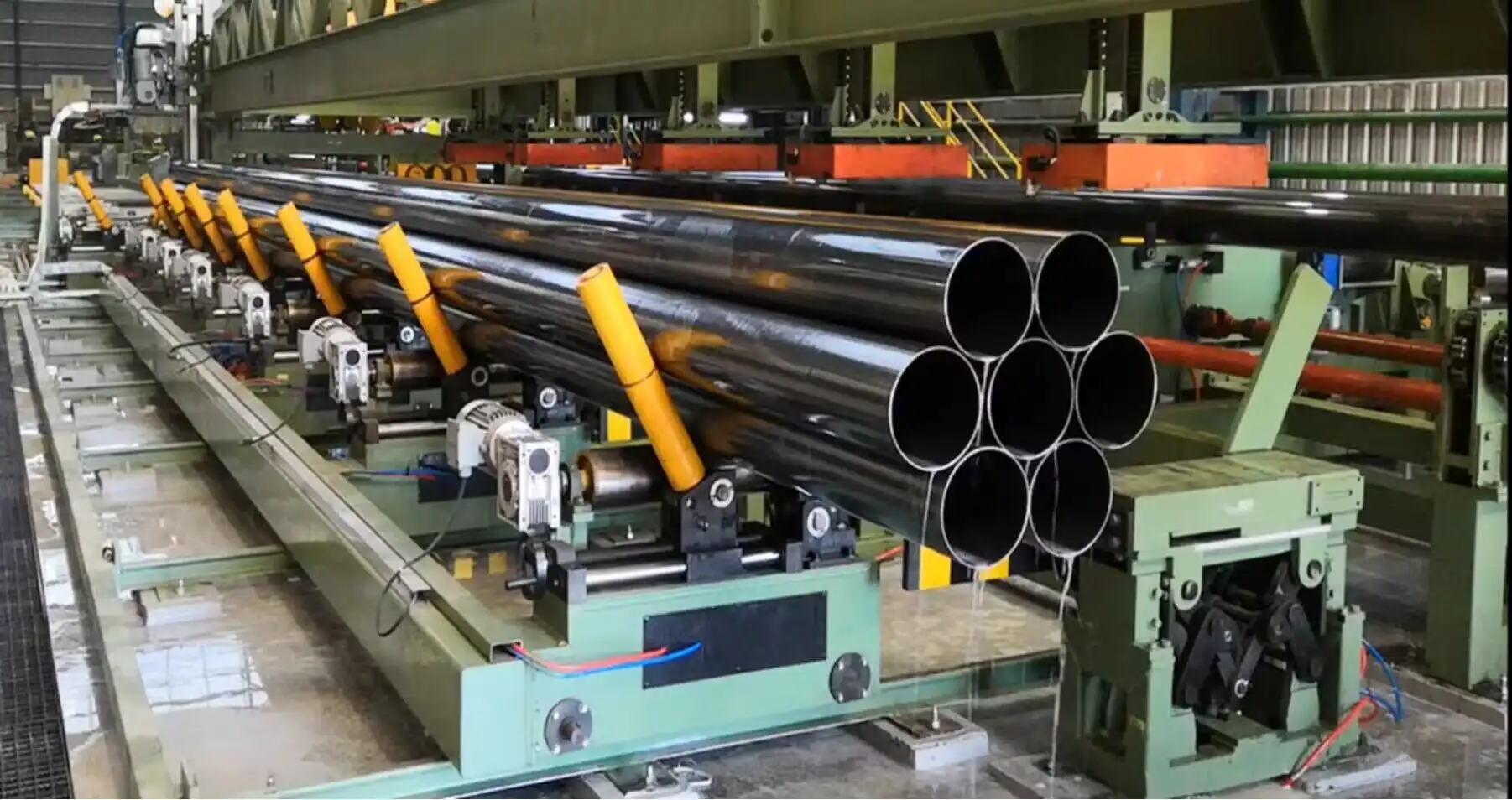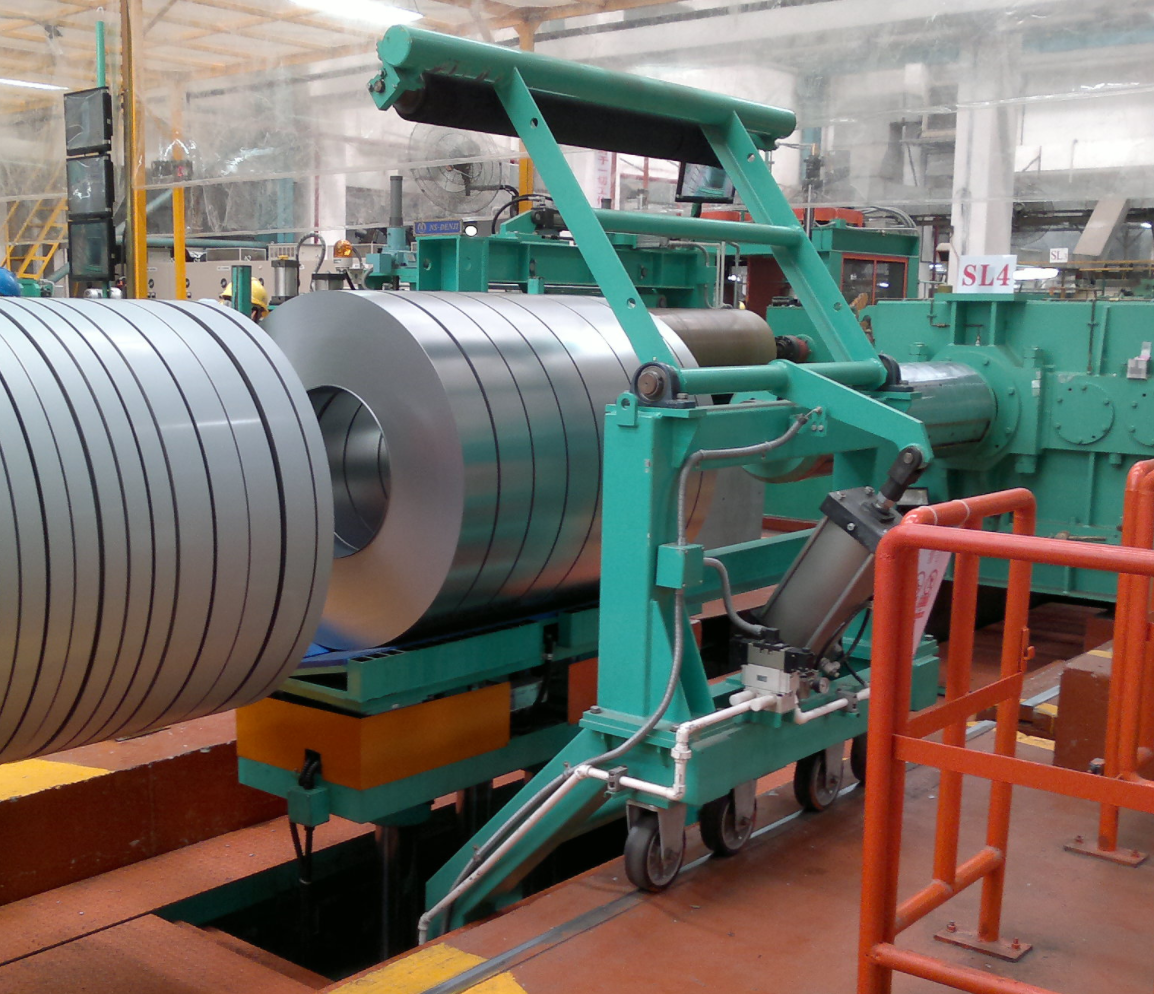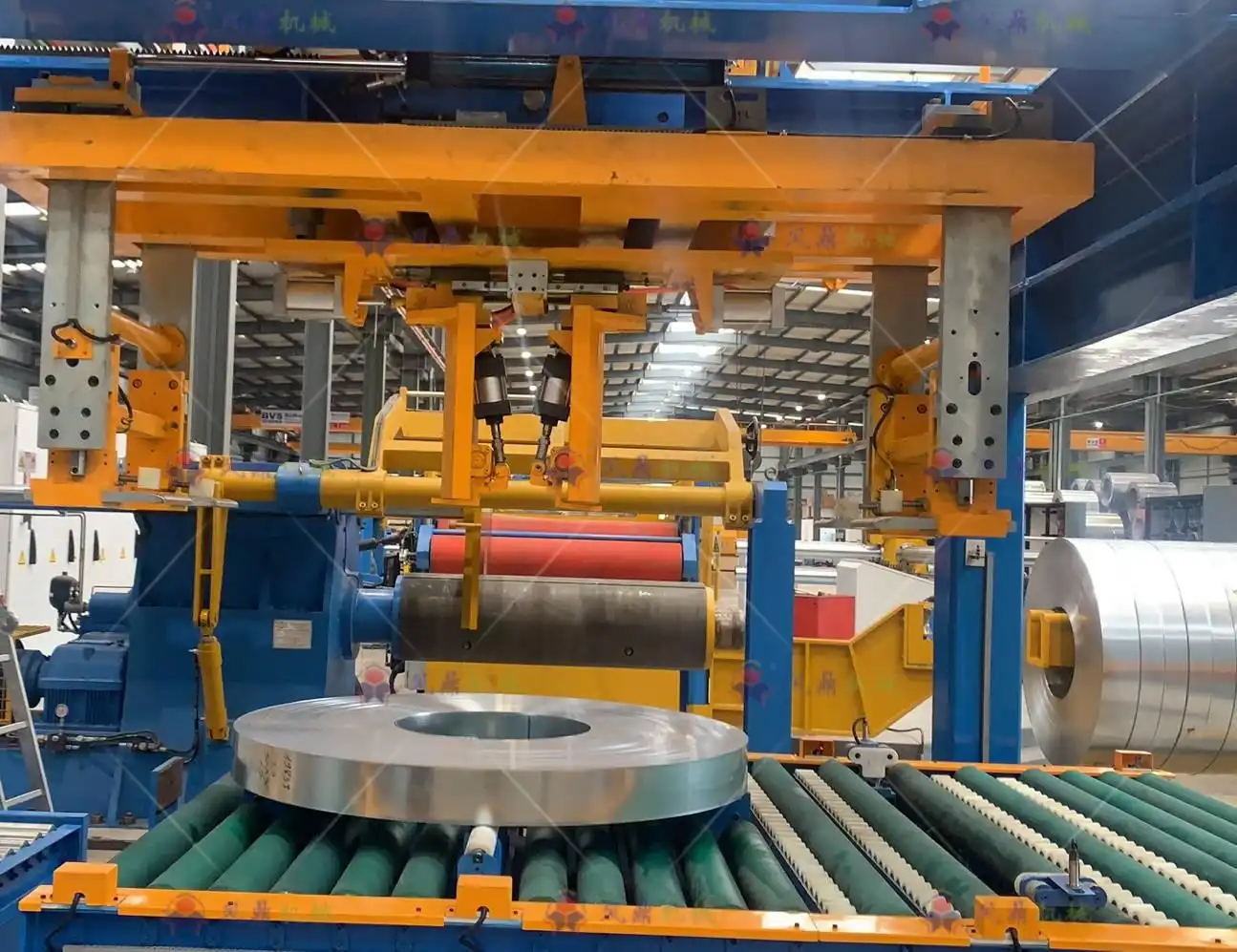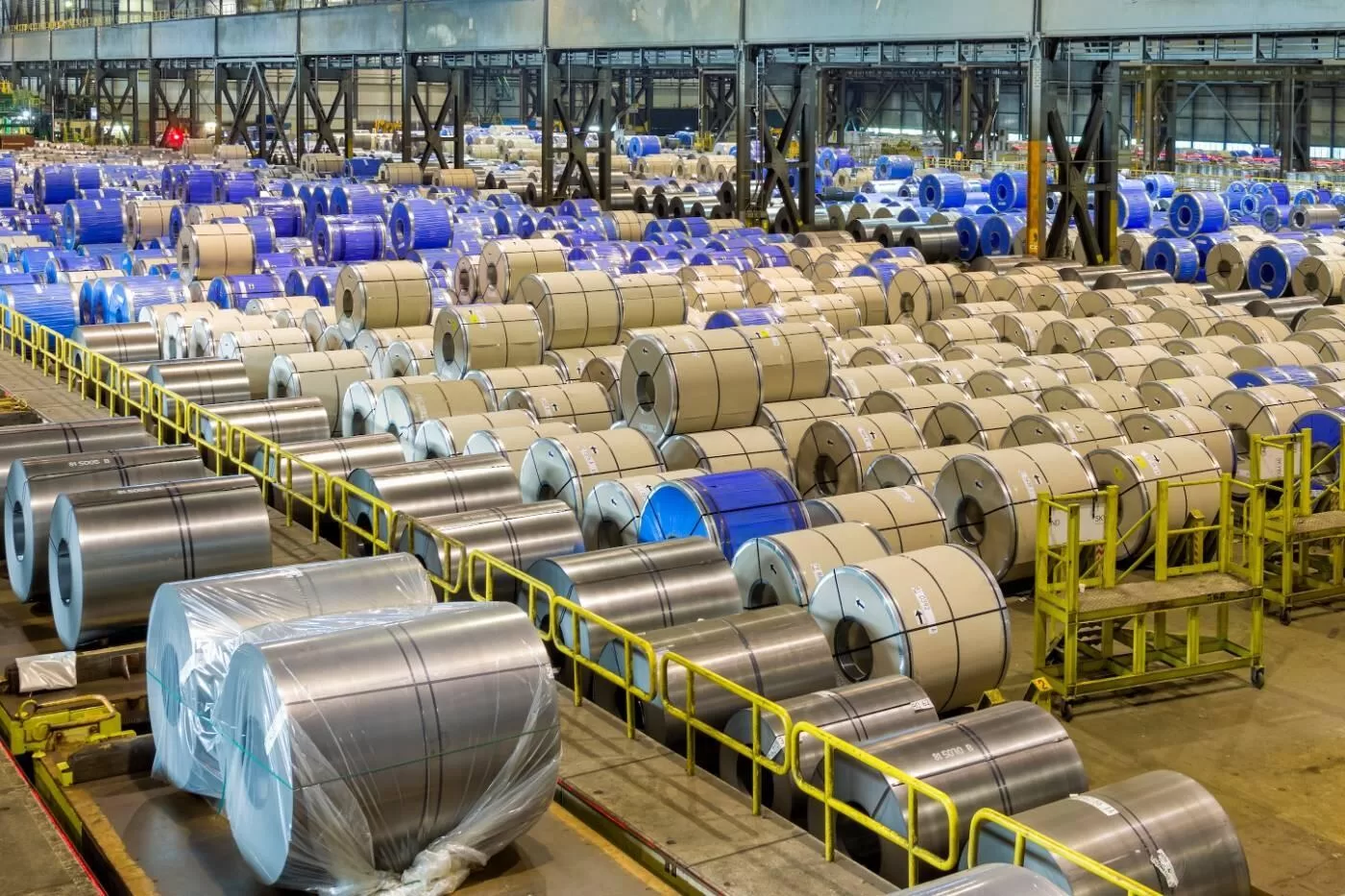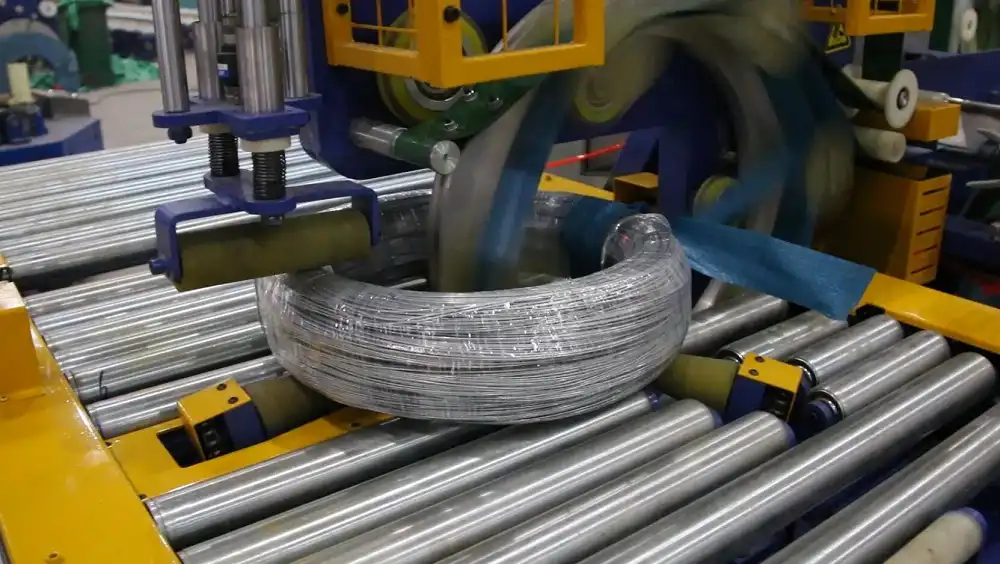In today’s global marketplace, securing reliable coil wrapping machines is crucial for operational efficiency. However, the pursuit of cost-effective solutions can expose businesses to fraudulent suppliers and sophisticated scams. Identifying red flags early, conducting thorough due diligence, and implementing robust verification processes are essential steps to protect your investment and ensure you partner with legitimate vendors in the coil packaging machine industry.
The digital age has revolutionized procurement, offering unprecedented access to suppliers worldwide. While this expanded reach presents numerous opportunities, it also introduces significant risks, particularly the rise of fraudulent activities targeting businesses seeking industrial equipment. Just as online shoppers and job seekers face scams in e-commerce and remote work, businesses in the manufacturing and packaging sectors must be vigilant against scams when purchasing essential machinery like coil wrapping machines. Understanding the common tactics employed by fraudulent suppliers is the first line of defense against financial loss and operational disruption.
Understanding the Landscape of Supplier Scams in Machinery Procurement
The motivation behind supplier scams in the machinery industry mirrors that of online retail fraud: financial gain through deception. Scammers exploit the complexities of international trade, the urgency of production timelines, and the allure of cost savings to ensnare unsuspecting businesses. These scams can range from outright non-delivery of equipment after payment to the provision of substandard, counterfeit, or non-functional machines. The consequences can be severe, including significant financial losses, production delays, legal battles, and damage to a company’s reputation.
Drawing parallels from consumer-facing scams, we can identify several key categories of fraudulent activities adapted to the B2B machinery procurement context:
- Non-Delivery Scams (Mailing Items Scam): Similar to the "mailing items" scam on platforms like Facebook Marketplace, fraudulent suppliers may solicit payment for coil wrapping machines and then fail to deliver the equipment. They might provide fake shipping documents or stall with excuses, ultimately disappearing with the funds.
- Counterfeit or Substandard Equipment (Selling Counterfeit Items Scam): Echoing the "selling counterfeit items" scam, unscrupulous suppliers may offer coil wrapping machines that are not genuine, fail to meet advertised specifications, or are constructed with inferior components. These machines may malfunction quickly, lack necessary certifications, or be entirely unusable.
- Overpayment Scams (Overpaying the Seller Scam): While less common in machinery procurement, variations of overpayment scams can occur. A buyer might intentionally overpay and then request a refund of the excess amount, but the initial payment could be fraudulent, leaving the seller liable for the refunded sum.
- Advance Fee Scams (Requesting Advance Payments Scam): Fraudulent suppliers may demand substantial upfront payments or deposits to "secure" an order for a coil wrapping machine, especially if it’s claimed to be in high demand or a custom build. After receiving the advance, they may cease communication and never deliver the machine.
- Fake Supplier Identity (Creating Fake Accounts Scam): Scammers create elaborate fake company profiles and websites, mimicking legitimate coil wrapping machine manufacturers or distributors. They may use stolen logos, certifications, and product images to appear credible and deceive buyers into placing orders with non-existent entities.
- Bait-and-Switch Tactics (Inconsistent Pricing Scam): Similar to "inconsistent pricing scams," suppliers might initially offer a very attractive price for a coil wrapping machine to lure in buyers. However, once the deal progresses, they may switch to a different, inferior model, add hidden costs, or drastically increase the price.
- Unverified Payment Channels (Paying or Communicating Outside of Facebook Scam): Fraudulent suppliers often push for payment methods that are difficult to trace or reverse, such as wire transfers to unfamiliar accounts or cryptocurrency. They may also avoid official communication channels, preferring direct email or messaging apps outside of secure procurement platforms.
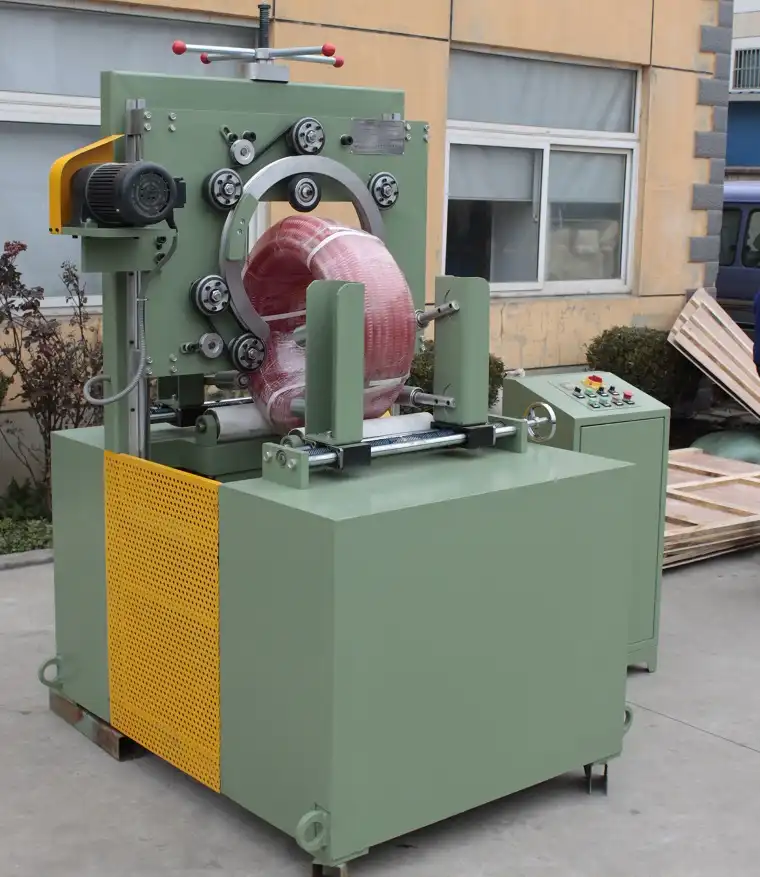
Spotting the Red Flags: Identifying Potential Scam Suppliers
| Just as retailers are trained to recognize red flags in return fraud, businesses procuring coil wrapping machines must be adept at identifying warning signs that indicate a potential scam supplier. These red flags can emerge at various stages of the procurement process, from initial contact to payment requests. Here are critical red flags to watch out for when evaluating coil wrapping machine suppliers: |
Red Flag Category | Specific Indicators | Parallels from Source Material |
|---|---|---|---|
| Unrealistic Offers | Prices significantly below market average; Claims of exceptionally high performance or features at a low cost; "Limited-time" offers with high pressure | "If something seems too good to be true, it probably is" (Selling counterfeit items scam) | |
| Lack of Transparency | Vague company information; No verifiable physical address or contact details; Reluctance to provide references or customer testimonials; Poor website quality or lack of professional online presence | "Creating fake accounts" scam; Lack of verifiable information on Facebook Marketplace sellers | |
| Pushy Sales Tactics | High-pressure sales techniques; Demands for immediate decisions or payments; Discouraging thorough due diligence or independent verification | "High-pressure tactics" to receive advance payment (Requesting advance payments scam) | |
| Unusual Payment Requests | Insistence on wire transfers to overseas accounts; Requests for payment to individuals rather than company accounts; Use of unconventional or unsecured payment methods; Lack of secure payment gateways | "Scammers often want to get your money in a way that is irretrievable" (Paying outside of Facebook) | |
| Poor Communication | Unprofessional or inconsistent communication; Language barriers or grammatical errors in documentation; Evasive answers to technical questions; Lack of responsiveness after initial contact | Lack of professionalism can be a general red flag in online interactions | |
| Suspicious Documentation | Inconsistencies in product specifications or technical documents; Fake or unverifiable certifications (ISO, CE, etc.); Watermarked or low-resolution product images; Generic or copied case studies | "Selling counterfeit items" scam; Fake shipping information (Mailing items scam) | |
| Refusal to Inspect | Unwillingness to allow pre-shipment inspection of the machine; Excuses for not providing detailed machine specifications or operational demonstrations | Not showing the apartment (Listing phony rentals scam) – refusal to allow inspection of property |
Case Studies: Learning from Hypothetical Scam Scenarios

To further illustrate the dangers of supplier scams in coil wrapping machine procurement, consider these hypothetical scenarios based on real-world fraud patterns:
Case Study 1: The Phantom Machine (Non-Delivery Scam)
- Scenario: Company A, seeking to upgrade its packaging line, finds an online supplier offering a state-of-the-art coil wrapping machine at 30% below market price. The supplier, "Global Packaging Solutions," has a professional-looking website and provides seemingly valid certifications.
- Red Flags Missed: The unusually low price was dismissed as a promotional offer. Company A failed to independently verify the supplier’s address or contact details beyond the website. They also agreed to a 50% upfront payment via wire transfer to a Hong Kong bank account.
- Outcome: After receiving the initial payment, "Global Packaging Solutions" became unresponsive. The promised delivery date passed, and all attempts to contact the supplier failed. Company A lost a significant sum of money and experienced production delays.
Case Study 2: The Counterfeit Caper (Substandard Equipment Scam) - Scenario: Company B orders a high-speed coil wrapping machine from "Asia Machinery Exports," attracted by their competitive pricing and claims of using German components.
- Red Flags Missed: While the price was lower, it wasn’t drastically so, making it seem plausible. However, Company B did not request detailed component specifications or independent verification of origin. They relied solely on the supplier’s documentation.
- Outcome: The delivered machine looked superficially similar to the advertised model, but upon installation, it performed far below specifications. Key components were revealed to be cheap imitations, and the machine broke down frequently, requiring costly repairs and causing significant downtime.
Case Study 3: The Bait-and-Switch (Inconsistent Pricing Scam) - Scenario: Company C negotiates a deal with "Reliable Industrial Suppliers" for a specific model of coil wrapping machine at a negotiated price. The supplier provides a detailed quotation and contract.
- Red Flags Missed: Company C failed to scrutinize the contract closely. Buried in the fine print was a clause allowing for "model substitution based on availability."
- Outcome: Just before shipment, "Reliable Industrial Suppliers" informed Company C that the agreed-upon model was "unavailable" and offered a "comparable" alternative at the same price. The substituted machine was significantly less advanced and did not meet Company C’s operational requirements.
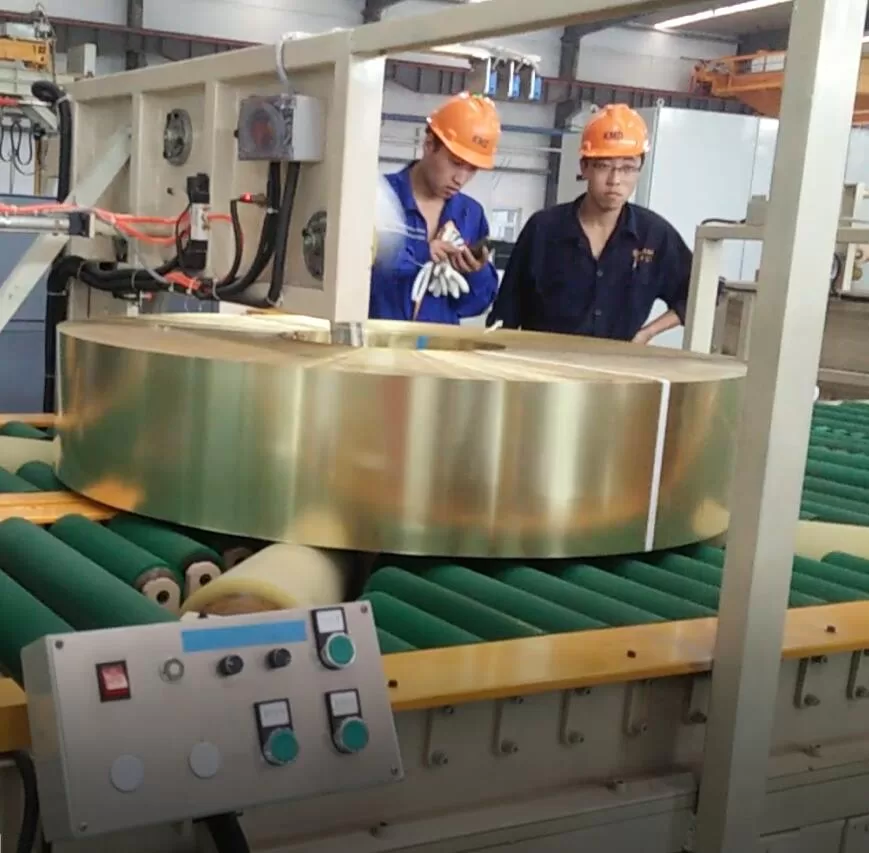
These case studies highlight the importance of proactive scam prevention measures. Relying solely on online information or initial impressions is insufficient. Robust verification and due diligence are paramount.
Prevention Strategies: Your Checklist for Secure Procurement
| Protecting your business from coil wrapping machine scams requires a multi-layered approach, encompassing thorough vetting, secure communication, and careful transaction management. Implementing a comprehensive checklist can significantly reduce your risk: | Prevention Checklist Item | Description | Parallels from Source Material Prevention Tips |
|---|---|---|---|
| Supplier Verification & Due Diligence | Independently verify supplier’s registration, physical address, operational history, and industry certifications. Check for online reviews and industry reputation. | "Do a little research," "Check a seller’s profile for negative reviews" (How to avoid getting scammed on Facebook) | |
| Secure Communication Channels | Use official company contact details found through independent verification, not just those provided by the supplier. Utilize secure procurement platforms when possible. | "Communicate…through Facebook’s official channels" (Paying or communicating outside of Facebook scam) | |
| Detailed Specification & Contract Review | Ensure the contract includes comprehensive machine specifications, performance guarantees, warranty terms, and clear delivery schedules. Seek legal review of contracts. | "Verify…receipts…scrutinize discrepancies in dates, item descriptions" (Signs of return fraud – altered receipts) | |
| Pre-Shipment Inspection | Insist on a pre-shipment inspection of the coil wrapping machine by a reputable third-party inspection agency before making final payment. | "Meet the seller in person…examine the product before paying" (How to avoid getting scammed on Facebook) | |
| Secure Payment Methods | Utilize secure and traceable payment methods like Letters of Credit or Escrow services, especially for large transactions. Avoid wire transfers to unfamiliar accounts. | "Pay for items through Facebook…Facebook Checkout" (How to avoid getting scammed on Facebook) | |
| Independent References | Request and contact independent customer references to verify supplier credibility and machine performance. | "Check a seller’s profile for negative reviews" (How to avoid getting scammed on Facebook) | |
| On-Site Visit (If Possible) | If feasible, conduct an on-site visit to the supplier’s factory to assess their facilities, production capabilities, and quality control processes. | "Always tour the property in person" (Listing phony rentals scam) | |
| Insurance & Risk Mitigation | Consider cargo insurance to protect against loss or damage during shipping. Familiarize yourself with international trade regulations and dispute resolution mechanisms. | "Insurance-fee scams" – be aware of unexpected charges and ensure legitimate insurance if applicable |

Leveraging Technology for Enhanced Due Diligence
In today’s digital landscape, technology offers powerful tools to aid in supplier verification and scam detection. Businesses can leverage online resources and platforms to enhance their due diligence process:
- Company Registration Databases: Utilize online business registries and databases (both domestic and international) to verify the legal existence and registration details of suppliers.
- Online Review Platforms & Industry Forums: Search for online reviews and ratings of suppliers on reputable platforms and industry-specific forums. While reviews should be critically assessed, patterns of negative feedback can be warning signs.
- Reverse Image Search: If product images seem generic or suspiciously professional, use reverse image search tools to check if the images are stolen from other sources or stock photo libraries.
- Website Analysis Tools: Employ website analysis tools to assess the age, traffic, and security of a supplier’s website. Newly created websites with low traffic and lacking security certificates can be red flags.
- AI-Powered Due Diligence Platforms: Explore AI-powered platforms that specialize in supplier risk assessment. These tools can analyze vast amounts of data to identify potential red flags and assess supplier credibility.
By integrating these technological resources into your procurement process, you can significantly enhance your ability to detect fraudulent suppliers and mitigate the risk of scams.Conclusion: Vigilance is Your Best Defense
In the competitive world of coil wrapping machine procurement, the allure of cost savings must be tempered with unwavering vigilance. To effectively avoid scams when purchasing coil packaging machines, businesses must prioritize thorough supplier verification, recognize and act upon red flags, and implement robust security protocols at every stage of the procurement process. By staying informed, proactive, and utilizing available resources, companies can confidently secure the machinery they need while safeguarding their financial resources and operational integrity. Just as constant vigilance is crucial in preventing return fraud and online shopping scams, it is equally vital in the B2B realm of machinery procurement. A proactive and informed approach is the most effective strategy to ensure secure and successful coil wrapping machine deals, protecting your business from the costly consequences of supplier fraud.
